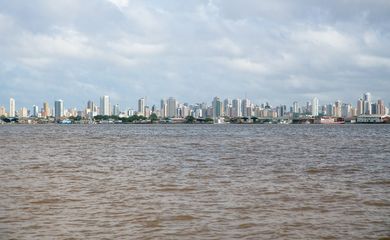Brazil calls for stricter measures to phase out fossil fuels at COP28

Brazil's Minister for the Environment and Climate Change, Marina Silva, is urging for substantial progress in addressing the elimination of fossil fuels during the 2023 United Nations Climate Change Conference (COP28) in Dubai.

Silva expressed her concerns after reviewing the third draft of the COP's final document, released on Monday (Dec. 11). The draft had replaced the term "eliminating" fossil fuels with "replacing" them with renewable alternatives, sparking a disagreement among nations about the language to be included in the final document.
The Brazilian minister contends that the current text lacks ambition regarding deadlines and fails to adequately address actions that both developed and developing nations should take to phase out fossil fuels. She advocates for clearer language in the text and deems the current document insufficient in this regard.
"We believe a more ambitious text is appropriate. The current text lacks ambition in terms of deadlines and only addresses emissions without detailing how to work towards the elimination of fossil fuels," remarked Minister Silva, who is part of the Brazilian delegation in Dubai.
Brazil is pushing for a final conference text aligned with the objectives set in the 2015 Paris Agreement, specifically the goal of limiting global warming to 1.5ºC above pre-industrial levels. The country rejects the alternative target outlined in the agreement, which proposes a temperature "well below 2°C."
The continuous release of greenhouse gases, primarily from burning fossil fuels since the Industrial Revolution, has led to a rise in global temperatures, contributing to the current climate crisis marked by extreme events like excessive heat, prolonged droughts, and heavy rainfall.
The concluding session of COP28 is scheduled for Tuesday (12).



